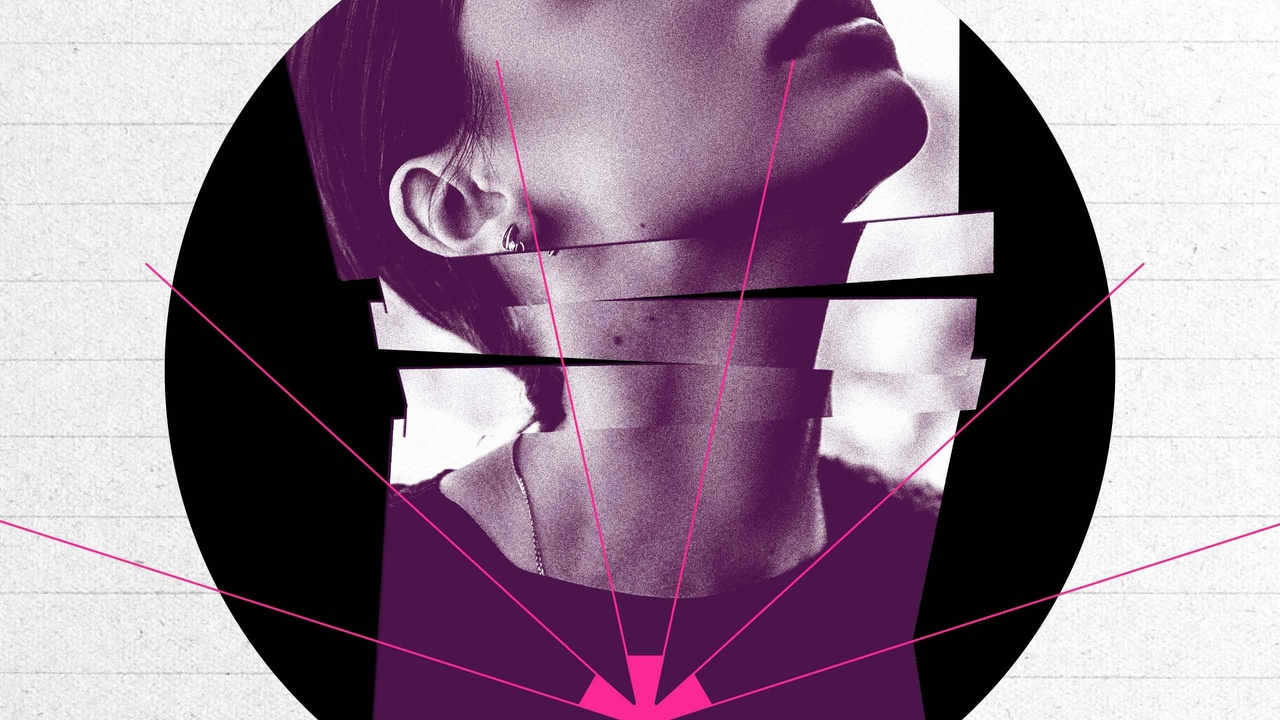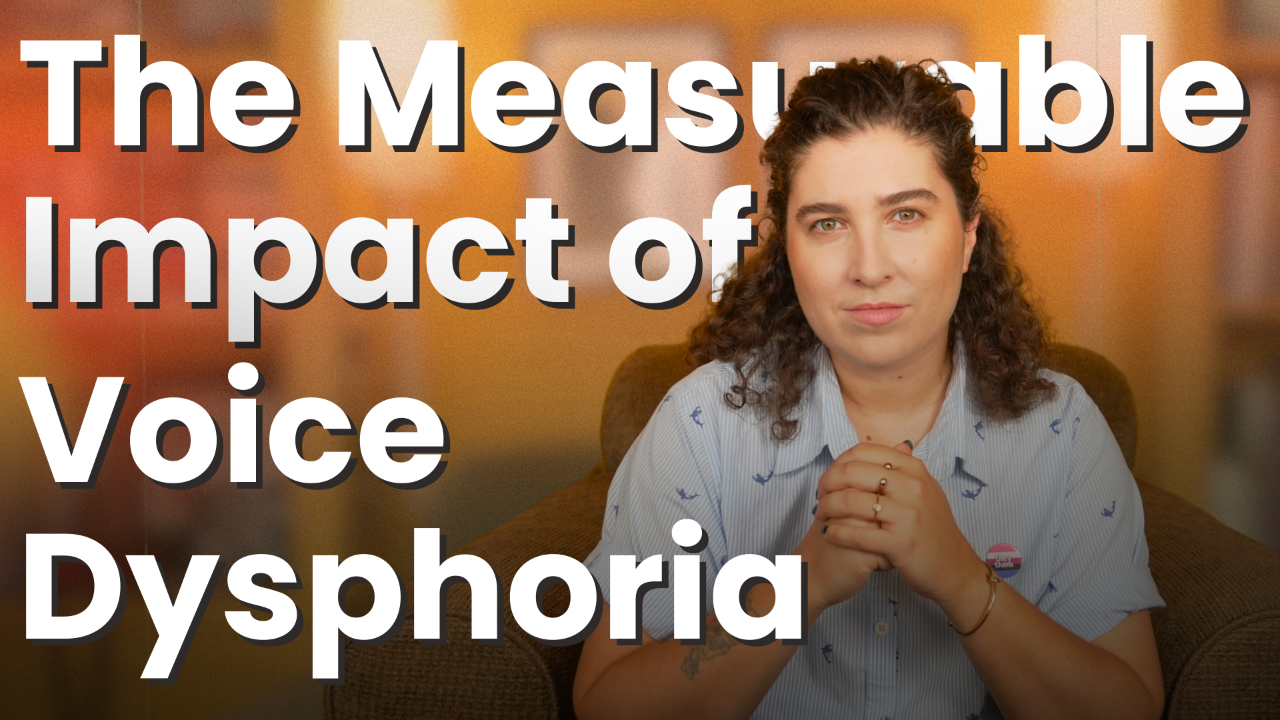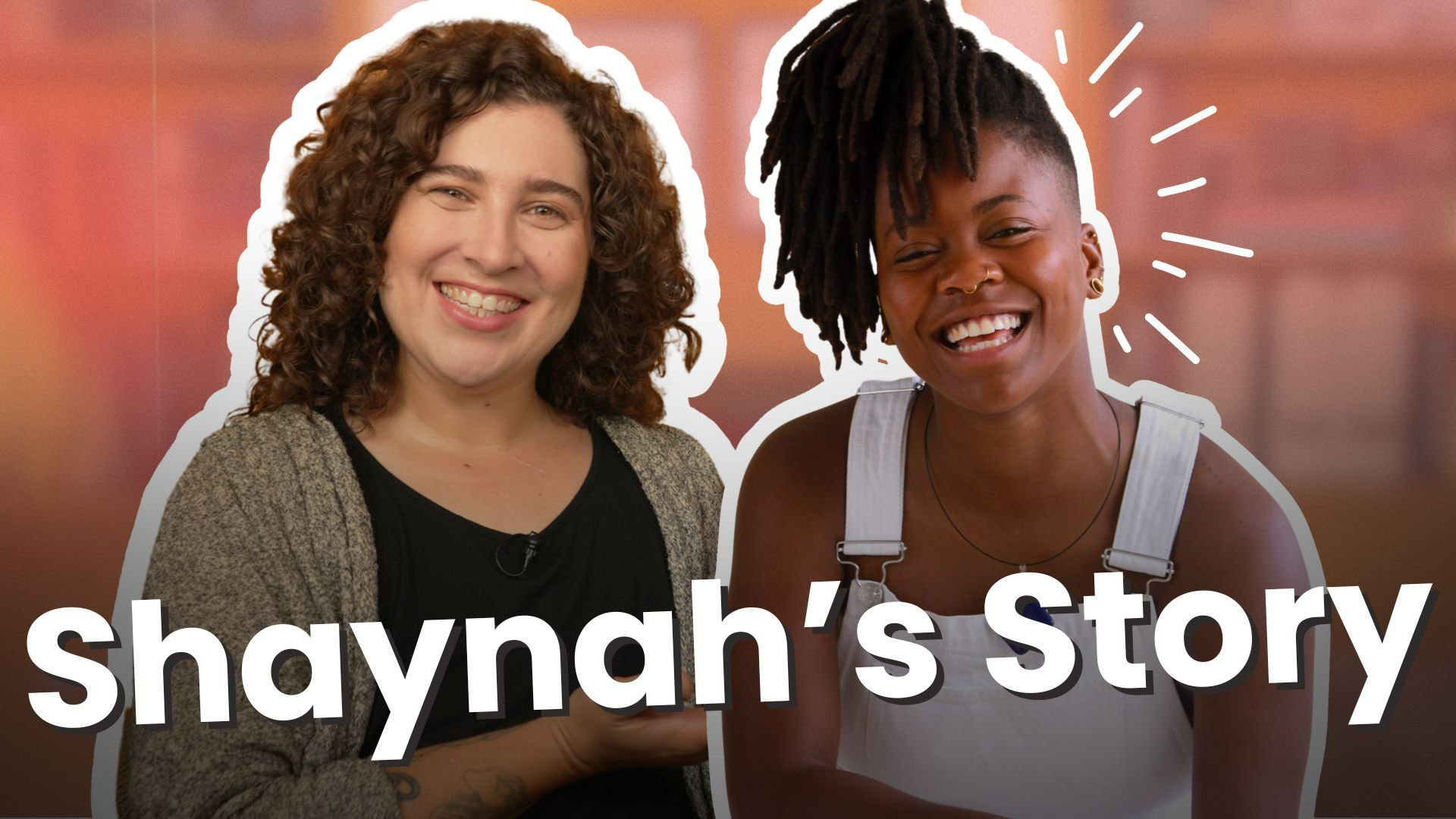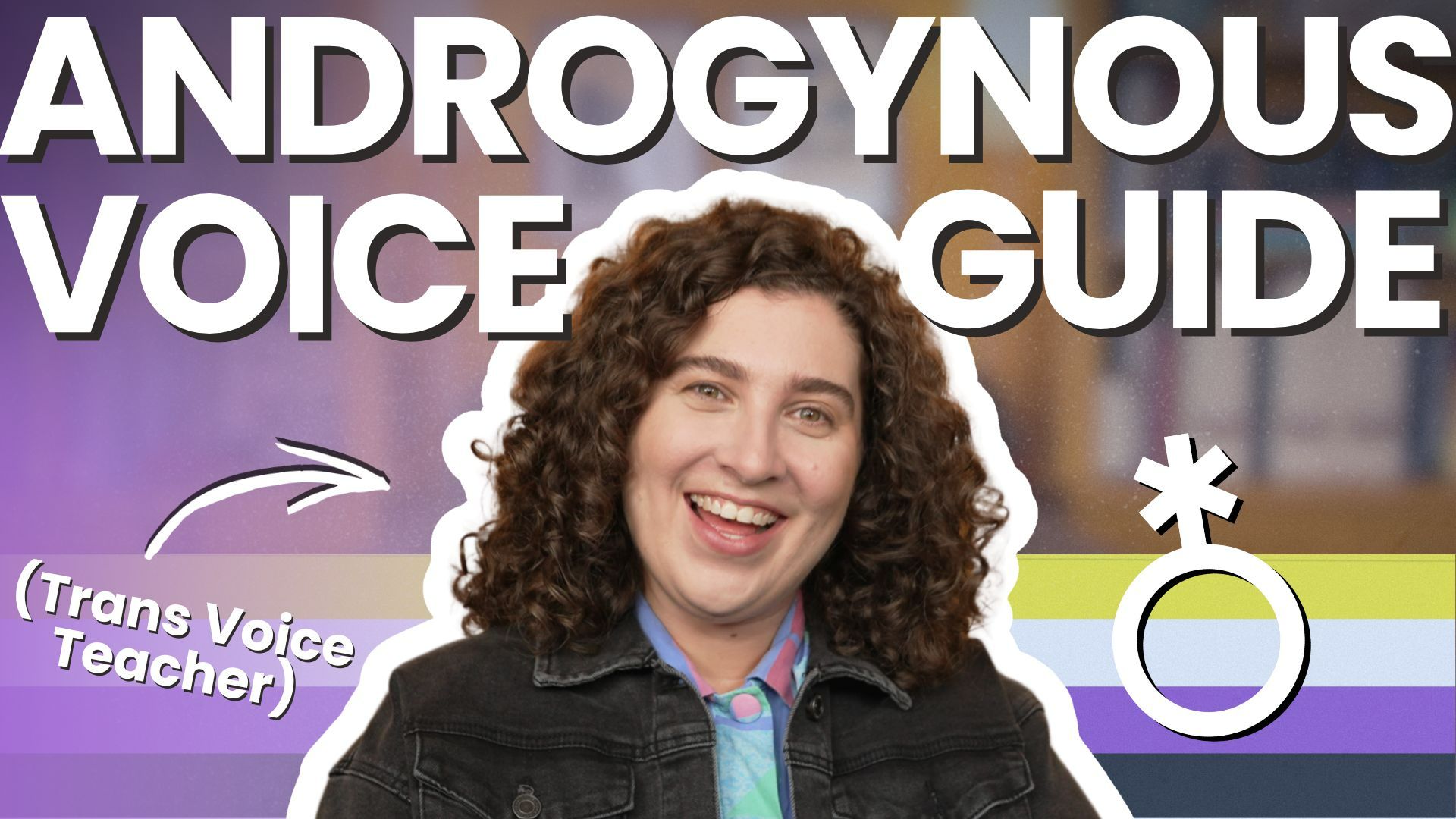Xtra* interview: Trans Voice Training
Feb 09, 2021
My students are all amazing and talented so I was not surprised when I read this article by my student Nour Abi Nakhoul and was blown away by her thoughtfulness and her insight. In this article, Nour outlines the complexity of learning to feminize her voice. She carefully details the highs and lows, and the myriad of research she undertook to get where she is now.
I was honoured when she asked to interview me for a section of this article. Here is an excerpt:
I followed a similar path of extracting the most utility out of self-teaching, at which point I sought out an instructor. I became aware of Renée Yoxon through the referral of other trans women who had worked with them in the past on gender-affirming voice training. Yoxon is a transgender, non-binary vocal coach who teaches both cis and trans students. Because of the pandemic, I met them for the first time through the glowing screen of my laptop. I went into our first lesson with a somewhat robust base of knowledge, having spent months and months on forums, watching YouTube channels, reading PDFs and toying with phone apps.
As a trans person who is more attuned toward the convolutions and contradictions of transitioning, Yoxon’s philosophy around voice feminization differs from the typical speech pathologist. “Passing was never my goal with voice training,” they say. “There are so many things the voice can do, it’s exciting! What I’m trying to do is have my clients experience gender euphoria with their voice. I’m trying to help people find a voice that they feel represents them. That voice may pass or it may not; passing is so context-specific.”
My first lesson with Yoxon progressed as I expected: They gave me an overview of how the vocal muscles worked to produce speech and what people listen for when gendering a voice. Then, surprising me, they had me stand up from the chair I was slouching in and start limbering up. “Unclench your shoulders! Make sure your jaw is nice and loose!” they enthused. I felt somewhat sheepish through the impromptu stretching session, but the insight got my brain churning. Despite the vocal fold diagrams and larynx-raising exercises, I still hadn’t understood that my voice is literally a muscle. Even at the height of dysphoria-induced self-consciousness, it’s difficult to meaningfully comprehend that I’m biologically constituted. Part of this is probably in the interests of self-preservation—I’d definitely go Yellow Wallpaper if I was constantly aware of the muscles in my throat.
During my second lesson with Yoxon, they had me try to speak at a higher pitch. I was surprised at how easily it came to me. Speaking in a more feminine way is something I’d practiced for dozens of hours. What was more difficult was getting past the “wall,” which Yoxon described as an issue many of their clients encounter. “There’s a big hump that those practicing voice feminization have to get over between practicing at home and practicing out in the world,” they say.
This is just a short excerpt of a long and thoughtful article. Read Nour's entire journey here.
Want weekly tips, resources, and insights on trans voice training? Sign up for my newsletter and get the latest content delivered straight to your inbox. It's free!









